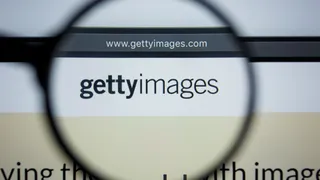
Virtual hearings: Legality goes online
The COVID-19 pandemic has confirmed that technology can deliver effective virtual interaction in many different scenarios. Over the past year, remote technology has become an essential tool for courts to ensure the continuation of judicial proceedings.
Already registered?
Login to your account
If you don't have a login or your access has expired, you will need to purchase a subscription to gain access to this article, including all our online content.
For more information on individual annual subscriptions for full paid access and corporate subscription options please contact us.
To request a FREE 2-week trial subscription, please signup.
NOTE - this can take up to 48hrs to be approved.
For multi-user price options, or to check if your company has an existing subscription that we can add you to for FREE, please email Adrian Tapping at atapping@newtonmedia.co.uk

